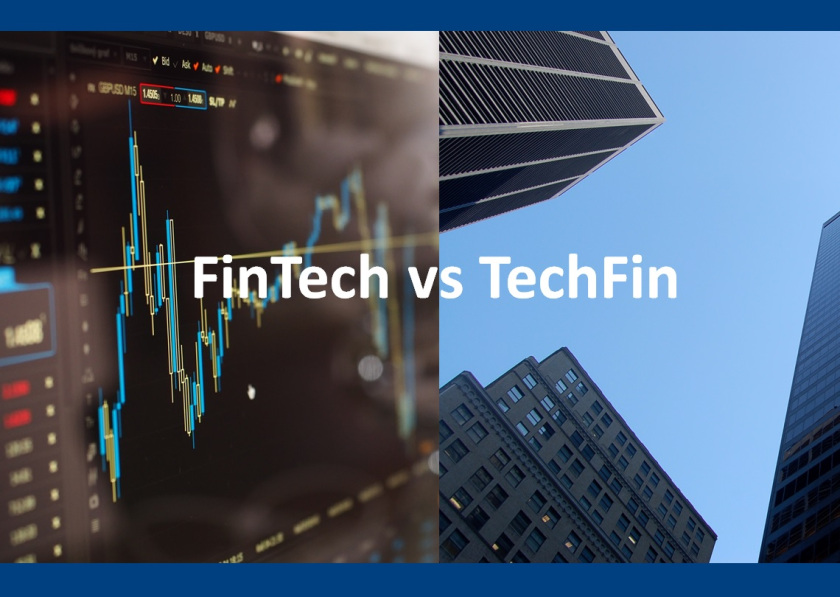
Is the future of banking Fintech or Techfin?
The banking industry is experiencing disruption at an increasing pace. Over the past few years, traditional financial institutions and non-traditional fintech firms have begun to understand that collaboration may be the best path to long-term growth. At the same time, big tech firms are offering financial services, creating techfin solutions.
The rationale for collaboration is the ability to bring strengths of both banks and fintech firms together to create an stronger entity than either unit could bring on their own. For most fintech organizations, the primary advantages are an innovation mindset, agility (speed to adjust), consumer-centric perspective, and an infrastructure built for digital. These are advantages that most legacy financial institutions don’t possess.
Alternatively, most banking institutions have scale, a stronger brand recognition and established trust. They also have adequate capital, knowledge of regulatory compliance and an established distribution network.
According to the World Fintech Report 2018 from Capgemini and LinkedIn, in collaboration with Efma, “Most successful fintech firms have focused on narrow functions or segments with high friction levels or those underserved by traditional financial institutions, but have struggled to profitably scale on their own. Traditional financial institutions have a vast customer base and deep pockets, but with legacy systems holding them back.”
The challenge will be the ability to establish an environment where collaboration can flourish as opposed to stifling the beneficiary attributes of either partner.
Fintech vs. Techfin
The difference between fintech and techfin is based on the origin of the underlying organization. Fintech usually references an organization where financial services are delivered through a better experience using digital technologies to reduce costs, increase revenue and remove friction.
A basic example of a fintech offering is the mobile banking services that most traditional banks offer. More commonly, fintech refers to non-traditional financial offerings such as PayPal, Zelle and Venmo in the U.S. and digital-only Starling Bank, Monzo and Revolut in the U.K.
Alternatively, techfin usually references a technology firm that finds a better way to deliver financial products as part of a broader offering of services. Examples of techfin companies include Google, Amazon, Facebook and Apple (GAFA) in the U.S. and Baidu, Alibaba & Tencent (BAT) in China.
To read more, please click on the link below…


